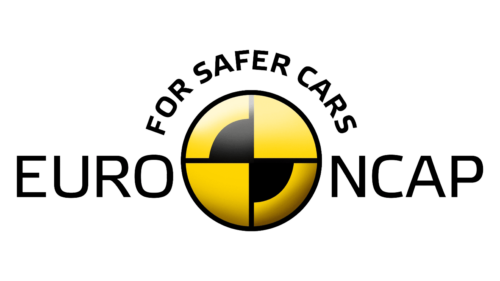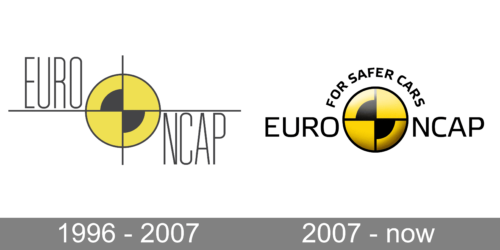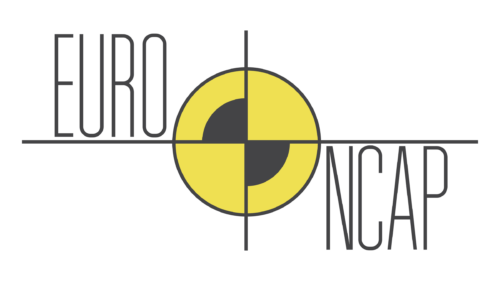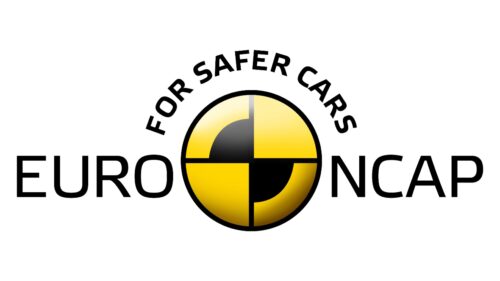Euro NCAP (European New Car Assessment Programme) is a not-for-profit entity driven by European governments and motoring organizations. It provides an independent assessment of new vehicles’ safety performance. The consortium operates primarily in Europe, coordinating tests in various locations to ensure cars’ safety standards.
Meaning and history
Euro NCAP was established in 1997 by the Transport Research Laboratory for the UK Department for Transport. It has since significantly influenced the safety of vehicles, prompting manufacturers to improve car designs to achieve better ratings. Notably, it initiated the assessment of Advanced Driver-Assistance Systems (ADAS). Currently, Euro NCAP remains an influential body in auto safety, setting high standards that impact global auto manufacturing.
What is Euro NCAP?
Euro NCAP is a European consortium dedicated to assessing the safety of new cars. Founded by the UK Department for Transport in 1997, it has become an influential body in vehicle safety worldwide.
1996 – 2007
The logo features a bright color palette with a yellow circle in the center and a thin cross running through it and beyond. The “Euro NCAP” is split between two opposite corners across the circle using a sans-serif font featuring thin strokes and no serif. The font closely resembles Neue Plak Compressed Thin. The simplicity and bright colors of the logo make it memorable and instantly attract attention.
2007 – now
The logo was slightly redrawn in 2007. The yellow circle acquired gloss and shadows that gave it some volume. The cross no longer went beyond the frame of the circle, while the name was printed in one line on either side of that circle. The new font is bold and without serifs. It resembles Etelka Text Pro. The company added another element to the emblem. It was an inscription that said “For Safer Cars” and curved across the top of the circle. It was surely a meaningful slogan.










